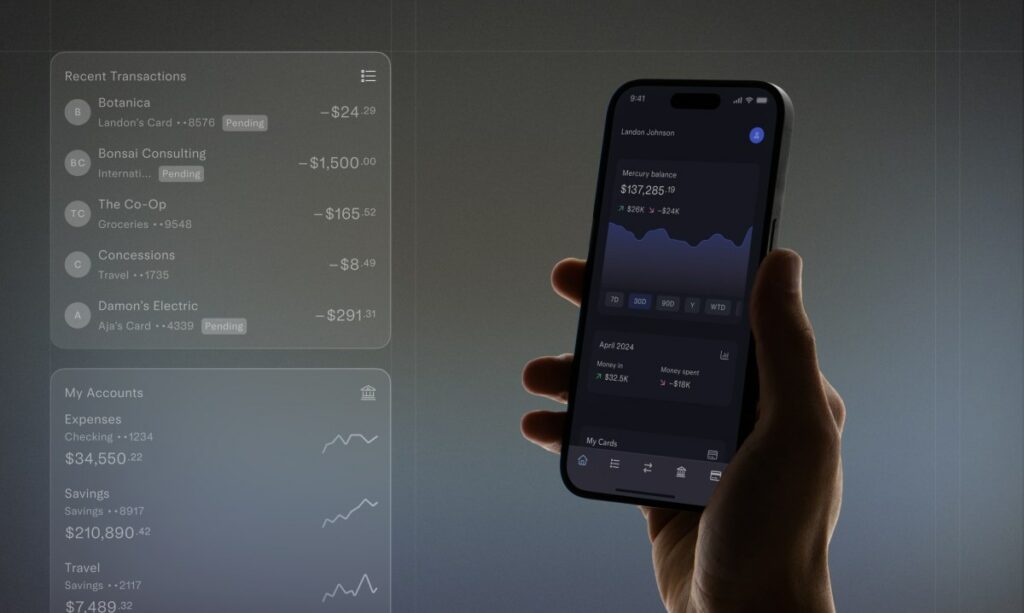India, the world’s most populous country and the second-largest internet market after China, is becoming increasingly digitally active. However, this rapid digitization comes with a growing risk of online fraud.
Cyber fraud is mounting in India to the point where the Indian government estimates it could amount to 0.7% of the country’s GDP — over $14 billion — within the next year. Even the government-backed systems, including Aadhaar, have been targeted by bad actors in some cases.
New Delhi keeps introducing new regulatory requirements to limit fraudulent digital transactions. Nonetheless, these updates often place a burden on businesses to regularly update their tech. Efforts to eradicate digital fraud sometimes also result in disruptions. For instance, the recent clampdown on unauthorized use of the permanent account number disrupted transactions for some fintech platforms.
Equal, a Hyderabad-based startup, aims to address all this with its suite of identity verification and financial data-sharing products.
The two-year-old startup helps businesses streamline know-your-customer (KYC) requirements, fraud prevention, and regulatory compliance by integrating more than 50 identity databases and thousands of API providers. The startup also recently acquired an undisclosed stake in account aggregator OneMoney to combine its identity verification services with the latter’s consent-based financial data sharing.
“Data sharing is still a major problem in this country if it’s not done digitally with consent,” Keshav Reddy, the son of GVK Group’s vice chairman GV Sanjay Reddy, told TechCrunch.
Reddy founded Equal with former Swiggy engineering director Rajeev Ranjan after moving back to India from the U.S.
For over the last two years, Reddy bootstrapped Equal, and the startup has added more than 350 customers, including State Bank of India, HDFC Bank, ICICI Bank, Reliance Jio, Airtel, Uber, and Zoom.
The startup has now raised a Series A round of $10 million at a post-money valuation of $80 million to scale its operations, expand the product suite, and forge strategic partnerships. The round was led by Prosus Ventures, along with Tomales Bay Capital and Reddy himself, and saw participation from other investors, including Blume Ventures, DST Global, Gruhas VC, and Quona VC.
Equal is not alone in the space, as the market already has players such as Perfios (backed by Warburg Pincus and Teachers’ Venture Growth), IDfy (backed by TransUnion), and Bureau (backed by GMO VenturePartners). However, Reddy told TechCrunch that unlike the competition, Equal plays the role of an aggregator and partners even with some of its competitors.
Ravi Kumar, co-founder and CEO of Upstox, who has also invested in Equal’s maiden round and is one of the early customers for its identity verification and account aggregator, told TechCrunch that it’s the cost and uptime that gives the trading platform a reason not to look for building a similar tech in-house.
Upstox has been using Equal for about a year and is processing around 350,000 transactions a month. Before that, Kumar said, the platform was relying on existing ID-verification providers.
“Equal has been able to aggregate across a slew of different APIs and ensures very high uptime between all those different connections,” he said.


